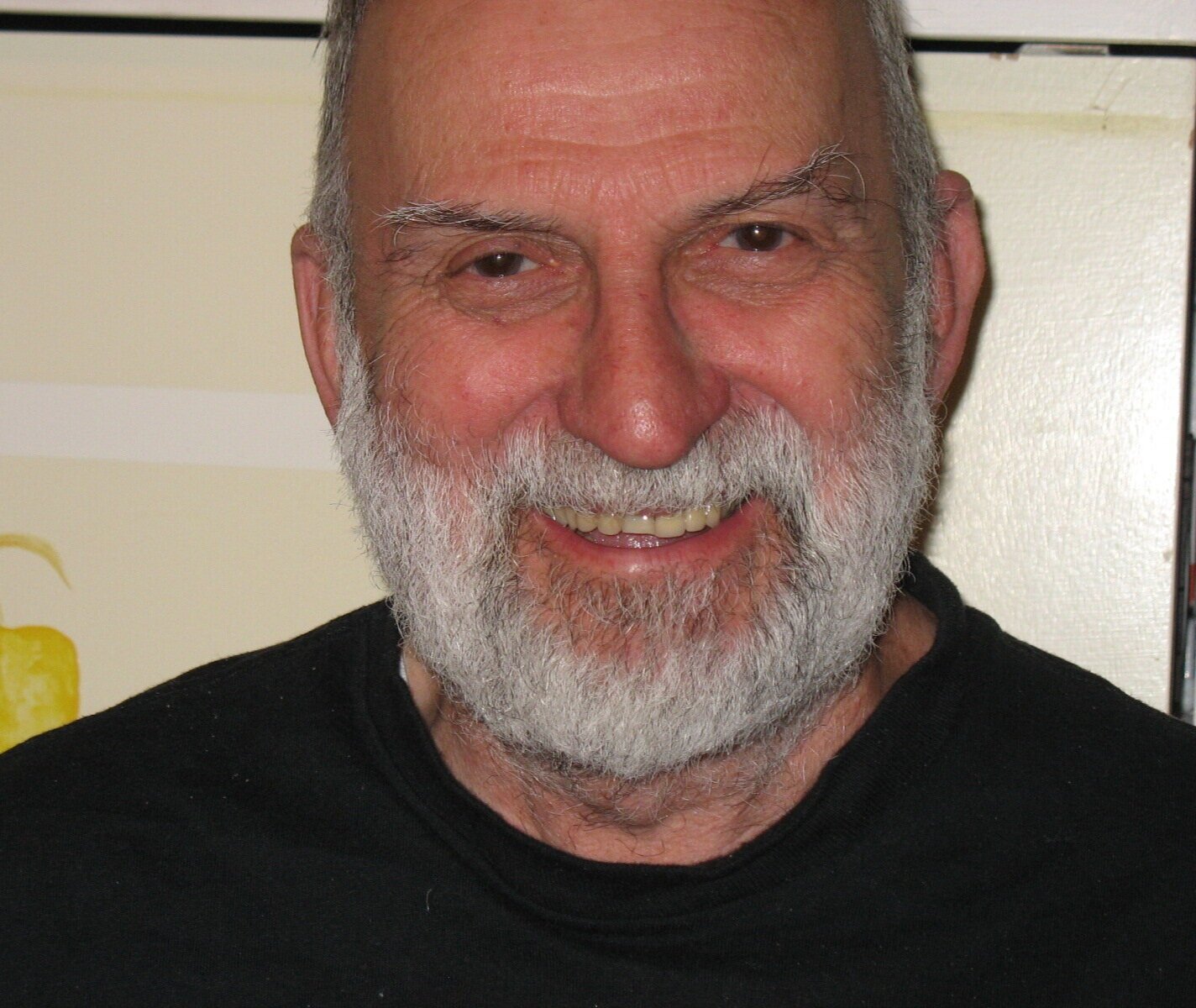Profession: Poet is a quarterly blog feature exploring craft and identity in poetry by Hanoch Guy, who writes poems in both English and Hebrew.
Letters to a Young Poet
I am always on the lookout for advice by poets I admire.
Among the most famous and influential correspondences are the letters of Rainer Maria Rilke.
Rilke wrote about wisdom, honesty, and powerful directness as attributes of powerful poetry in letters to poet Franz Xaver Kappus.
These letters were written between 1903 to 1908. Much has been written about the letters, but I would like concentrate on the gifts bestowed upon Mr. Kappus.
It is remarkable that, after a hundred and ten years, Rilke’s suggestions are still relevant and fresh.
“After these prefatory remarks, let me only tell you further that your verses have no individual style, although they do show quiet and hidden beginnings of something personal.”
I admire the honesty and directness of Rilke’s response. As much as it is painful to read.
I am sure it helped Kappus to develop his personal style.
Rilke proceeds by advising Kappus not to rely on others’ opinions or editors’ rejections or comments from anybody.
Rilke does not respond to Kappus’ question if his poetry is good, with the exception of praising his sonnet for its simplicity and beauty.
“There is only one single way. Go into yourself. Search for the reason that bids you write; find out whether it is spreading out its roots in the deepest places of your heart, acknowledge to yourself whether you would have to die if it were denied you to write. Delve into yourself for a deep answer.”
In a letter to Kappus on October 29, 1903, Rilke suggests to him that he follow the process of the bees accumulating honey, to take the sweetness in everything and create it as impenetrable.
“Leave to your opinions their own quiet undisturbed development, which, like all progress, must come from deep within and cannot be pressed or hurried by anything. Everything is gestation and then bringing forth. To let each impression and each germ of a feeling come to completion wholly in itself, in the dark, in the inexpressible, the unconscious, beyond the reach of one’s own intelligence, and await with deep humility and patience the birth-hour of a new clarity: that alone is living the artist’s life: in understanding as in creating.”
I am sure you will enjoy reading this slim book, which is full of wisdom about life, loneliness, love, and death.
There are many books of advice written by poets.
In “A Psalm of Life,” Henry Wadsworth Longfellow advises us to live actively and not to embrace a cynical or nihilistic outlook on life. He specifically rebukes the idea that death itself makes life meaningless. He references the old adage of returning to dust.
The renowned May Sarton offers advice on writing in “A Poet’s Letter to a Beginner,” published in The Writer in April 1962, some of which is excerpted below.
The first draft of a poem comes easily. Some of these initial lines are “pure gold,” Sarton admits, but the majority will need to be reworked or tossed. Use these initial lines as the signs that will guide you to the ultimate destination of your poem.
She strongly advises to study other poets even the ones you hate or love and adds that studying these poets will help you to define and what you aim for.
May Sarton strongly suggests, “revise poems relentlessly and test each line and each word so you can discover the heart of your poem.”
Sarton tells the poet to suffer rejections and not be impressed by the success of an acceptance of a poem.
She emphasizes that you are writing poetry because it gives you joy.
Have you read any books of advice that have moved you? As usual, I welcome your comments.
Hanoch Guy Ph.D, Ed.D spent his childhood and youth in Israel. He is a bilingual poet in Hebrew and English. Hanoch has taught Jewish Hebrew literature at Temple University and poetry and mentoring at the Muse House Center. He won awards in the Mad Poets Society, Phila Poets, Poetry Super Highway and first prize in the Better than Starbucks haiku contest. His book, Terra Treblinka, is a finalist in the North Book Contest. Hanoch published poems in England, Wales, Israel, the U.S., and Greece. He is the author of nine poetry collections in English and one Hebrew book.


